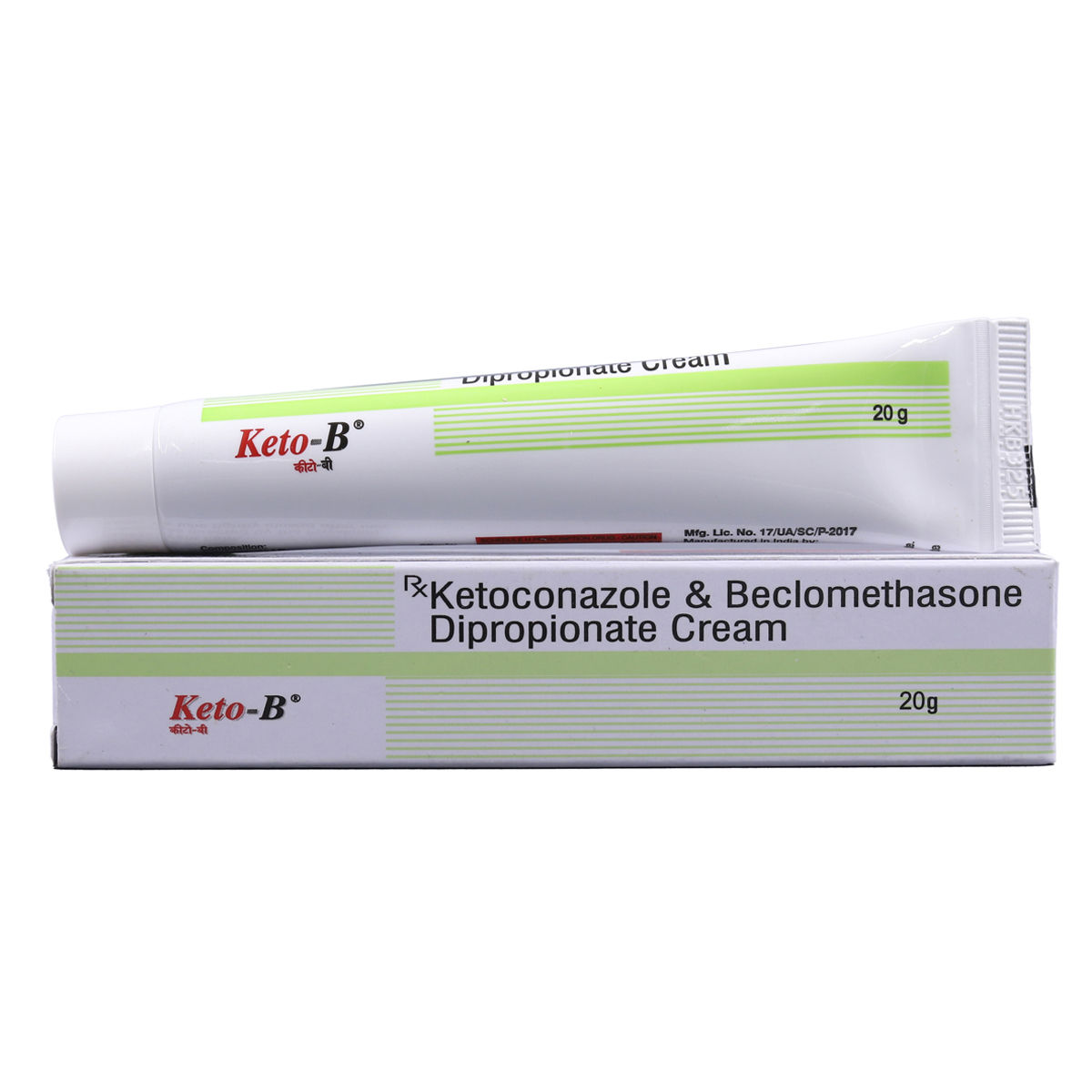Kent B Gel
₹89.1*
MRP ₹99
10% off
₹84.15*
MRP ₹99
15% CB
₹14.85 cashback(15%)
Free Delivery
With Circle membership
(Inclusive of all Taxes)
This offer price is valid on orders above ₹800. Apply coupon PHARMA10/PHARMA18 (excluding restricted items)
Know Your Delivery Time
Provide Delivery Location

Available Offers
 Prescription drug
Prescription drugWhats That

Secure Payment

India's Most Trusted Pharmacy

Genuine Products
Composition :
Manufacturer/Marketer :
Consume Type :
Return Policy :
About Kent B Gel
Kent B Gel is a dermatological medication primarily used to treat fungal infections, such as athlete's foot (ringworm of the foot), jock itch (ringworm of the groin), ringworm, and seborrheic dermatitis (dry, flaking skin or dandruff). Fungal infection occurs when a fungus invades and affects the tissue on the skin. Fungi can live in the air, soil, water, and plants. Symptoms of a fungal infection include skin rash, irritation, redness and scaling of the skin.
Kent B Gel is composed of two medicines: Ketoconazole (antifungal) and Beclometasone (steroid). Ketoconazole is used to treat various fungal infections. It stops the growth of fungi by causing damage and leakage to the fungal cell membrane. Beclometasone is a corticosteroid that blocks the production of prostaglandins (chemical messengers) that make the affected area red, swollen and itchy. Beclometasone effectively treats redness and itchiness eczema (inflamed and itchy skin), psoriasis (skin cells build up and form scales and itchy, dry patches), and dermatitis (red and itchy skin).
Your doctor will advise the appropriate dose that suits your infection. Kent B Gel has common side effects as every drug does. These side effects include itching, dryness, redness, and a burning sensation at the application site. These side effects usually go away with time and do not require medical attention. However, if the side effects are persistent, please see a doctor.
Let your doctor know if you have any allergic reactions to Kent B Gel or any other medications. Avoid going near naked flames since Kent B Gel can cause fire easily while being treated with topical forms. Pregnant and breastfeeding mothers should consult the doctor before starting Kent B Gel. Inform your doctor before using Kent B Gel if you have any skin infections or previous medical history.
Uses of Kent B Gel
Directions for Use
Medicinal Benefits
Kent B Gel is used to treat fungal infections and consists of Ketoconazole (antifungal) and Beclometasone (steroid). Ketoconazole treats various fungal infections, such as jock itch, athlete's foot, seborrheic dermatitis (dry, flaky skin on the face, scalp, chest, upper back or ears) and pityriasis (a type of skin rash that causes scaly, discoloured patches on chest, back, legs and arms). Ketoconazole stops the growth of fungi by causing damage and leakage to the fungal cell membrane. Beclometasone belongs to the class of corticosteroids. It blocks the production of prostaglandins (chemical messengers) that make the affected area red, swollen and itchy. Beclometasone effectively treats redness and itchiness eczema (inflamed and itchy skin), psoriasis (skin cells build up and form scales and itchy, dry patches), and dermatitis (red and itchy skin).
How Kent B Gel Works
Storage
Side Effects of Kent B Gel
- Itching
- Dryness
- Redness
- Burning sensation at the application site
What if I have taken an overdose of Kent B Gel
Drug Warnings
Avoid contact of topical Kent B Gel with nose, mouth or eyes as it may irritate. In case Kent B Gel comes in contact with these areas accidentally, rinse with water thoroughly. If you are pregnant, planning for pregnancy or a lactating mother, please consult a doctor before using Kent B Gel. Avoid smoking or going near naked flames since Kent B Gel can catch fire and burn easily. Kent B Gel should not be used to treat fungal infections of the fingernails/toenails, prostate cancer or Cushing's syndrome. Kent B Gel can make your skin sensitive to the sunlight and cause sunburn, hence avoiding direct exposure to the sunlight is advised. Apply sunscreen (SPF 30 or higher) when you go outdoors.
Diet & Lifestyle Advise
- Always wear loose-fitting clothes to avoid further sweat and spread of the fungal infection.
- Do not scratch the affected area of skin as it can spread the infection to other body parts.
- Avoid sharing towels, combs, bedsheets, shoes or socks with others.
- Wash your bed sheets and towels regularly.
- Wash your socks, stockings, and tights in hot water regularly. Avoid shoes that make your feet sweaty and hot.
- Do not walk barefoot at places like gym showers to prevent fungal infections.
Habit Forming
Therapeutic Class
Kent B Gel Substitute

Keto-B Cream 20 gm
₹8.64per tabletPhytoral-B Cream 15 gm
by AYUR
₹8.40per tabletKenozole-B Cream 15 gm
₹9.12per tabletKitnor-B Cream 20 gm
by AYUR
₹5.49per tabletSalisia B 10Gm Cream
by AYUR
₹7.11per tablet
Product Substitutes
Alcohol
Caution
No interaction found/ established. Please consult your doctor before using Kent B Gel.
Pregnancy
Caution
Please consult your doctor if you are planning to become pregnant or already pregnant before starting Kent B Gel.
Breast Feeding
Caution
Please consult the doctor before using Kent B Gel if you are a nursing mother.
Driving
Safe if prescribed
Kent B Gel has no or negligible influence on the ability to drive or use machines.
Liver
Caution
Let your doctor know if you have any history of liver diseases or hepatic impairment. Your doctor will weigh the benefits and potential risks before prescribing Kent B Gel.
Kidney
Caution
Let your doctor know if you have any history of kidney diseases. Your doctor will weigh the benefits and potential risks before prescribing Kent B Gel.
Children
Safe if prescribed
Kent B Gel is not recommended for use in children under four years of age. Your doctor will decide the dosage based on the child's age and weight.
FAQs
Country of origin
Disclaimer
Author Details
We provide you with authentic, trustworthy and relevant information












